This is 25-year-old Sait Cham, from London. He wants to revolutionise mental health care in the black community.
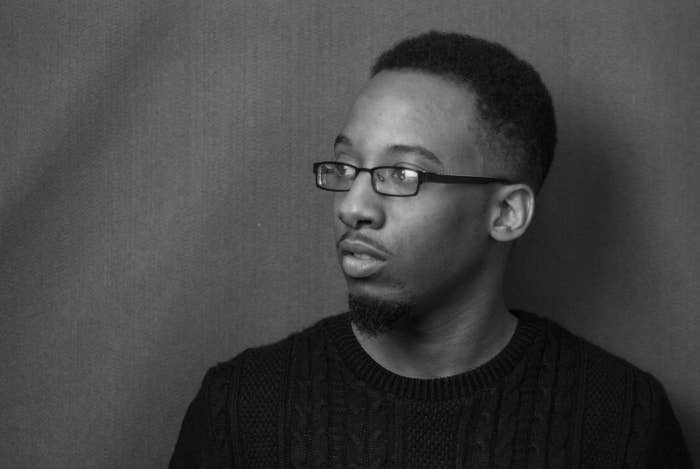
Cham decided to set up Recovr after witnessing the experience his close friend Nathan* went through after identifying his own mental health concerns.
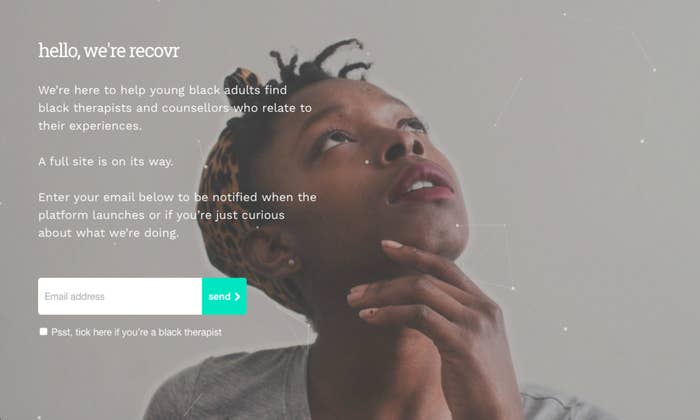
Nathan also wanted to maintain a level of control over his healthcare.
"I didn't feel comfortable going to my GP as I didn't like the idea of having to prove there was something wrong with me … which I found to be the case on most GP visits," he says. "This was going to be a very important and personal step in my life, and I didn't want to be handled as a number that had to be processed and inputed into a spreadsheet."
After researching services that could have helped Nathan, Cham noticed a distinct gap in the market. "I've always wanted to do things for my community," he says, "so I thought, How do I turn the process that he went through into a system that everyone can use?"
Here's how the app works.
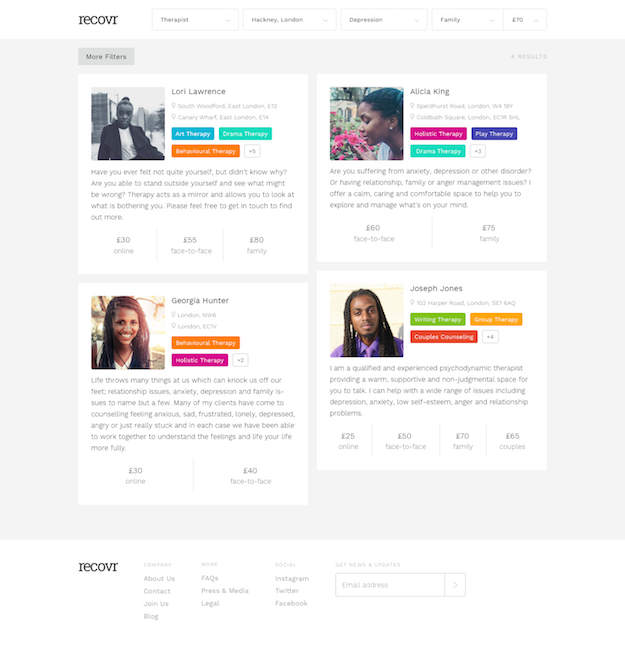
Healthcare professionals are in favour of the app.
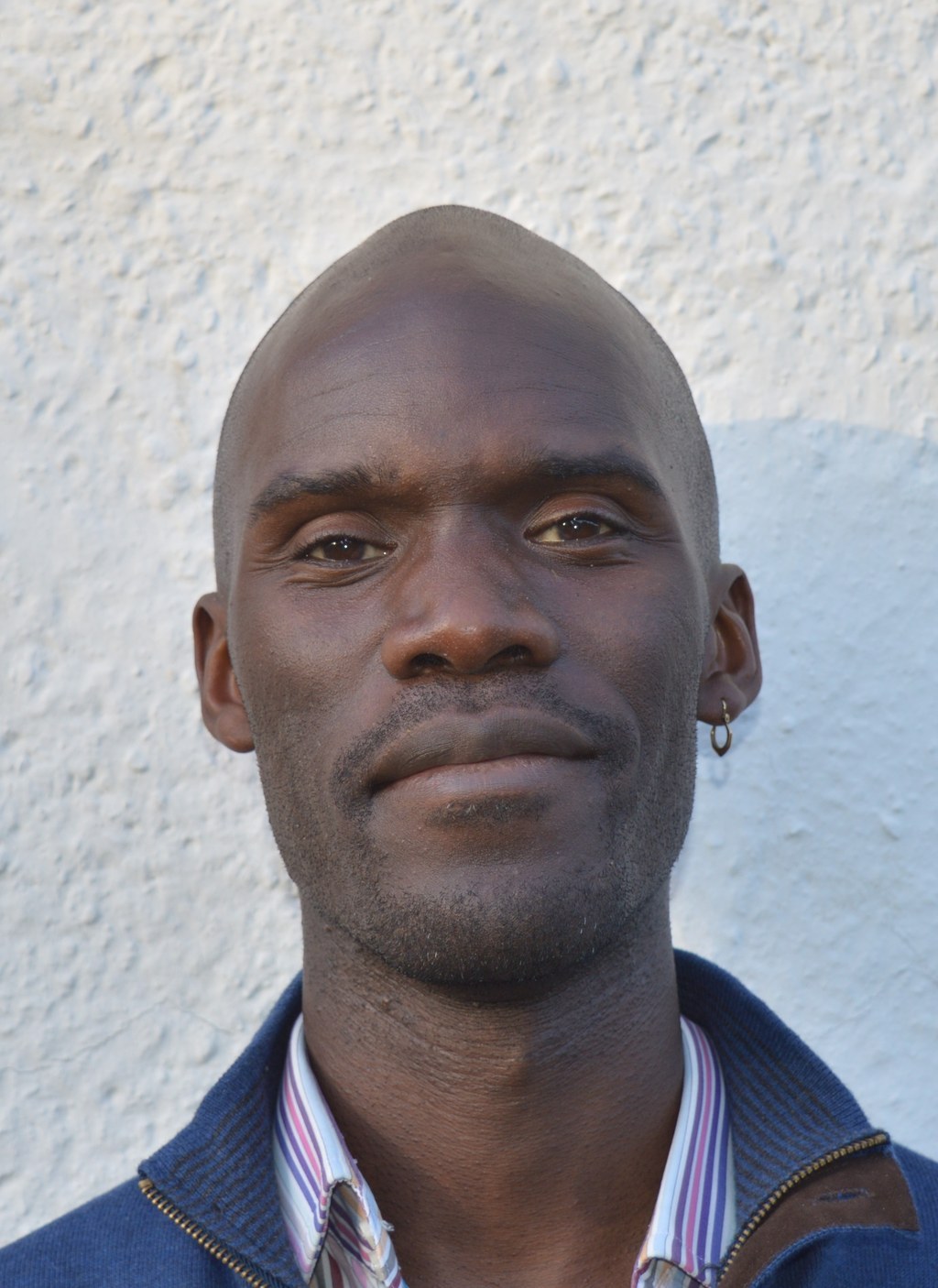
But getting men to sign up to the app is still a challenge.
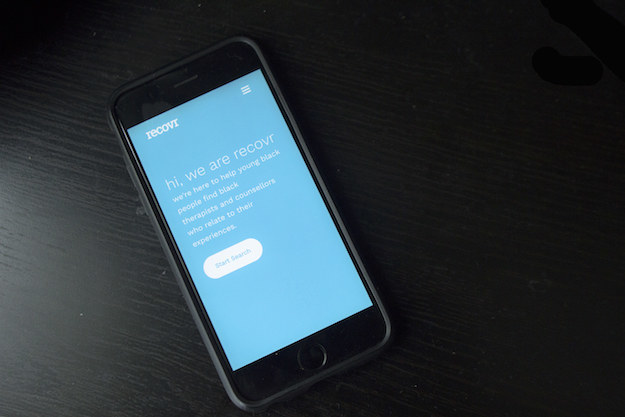
Recovr wants to help support users who may be reluctant to engage with mental health services through traditional means.
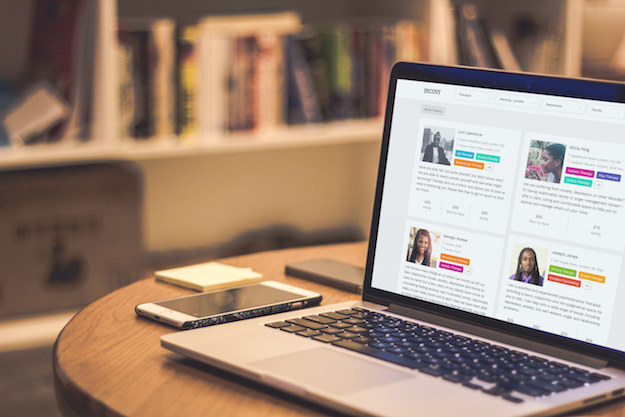
"I want young black people who are going through depression or anxiety to recognise Recovr as the place to go, by default, without even thinking about it," says Cham.
And while the service is currently London-focused, the intention is to spread nationwide. Birmingham and Nottingham have strong networks of black mental health care professionals, says Cham, so both cities are forerunners for the next Recovr locations.
The long-term aim, however, is not to exist at all. "I want the problem to be solved. The NHS and government has to recognise that people want full flexibility when it comes to who they see [for help]," says Cham. "And schools, and other systems you'd expect to have the responsibility to highlight issues, family included, aren't picking up on it."
Nathan agrees that earlier education is crucial.
"I just didn't have the opportunities to talk about mental health with my parents or siblings, it wasn't in our day-to-day language," he says. "I think the earlier you expose children to the concept of exploring their feelings and getting them to into the habit, the better results we'll see later on in life."
To find out more, head to recovr.co.uk
*Some names have been changed.
